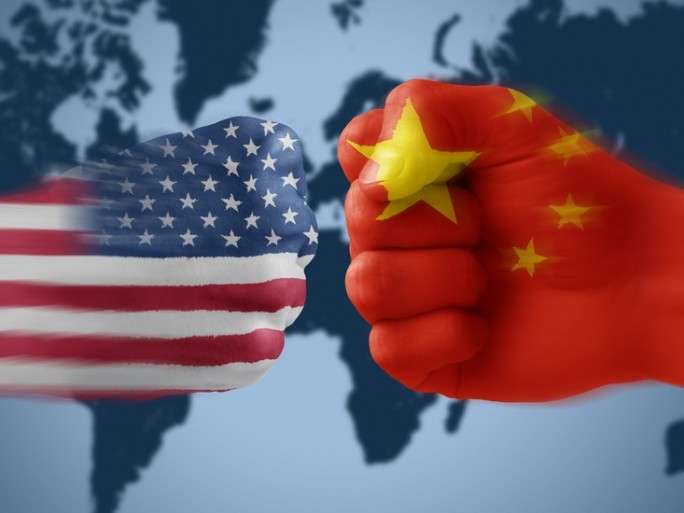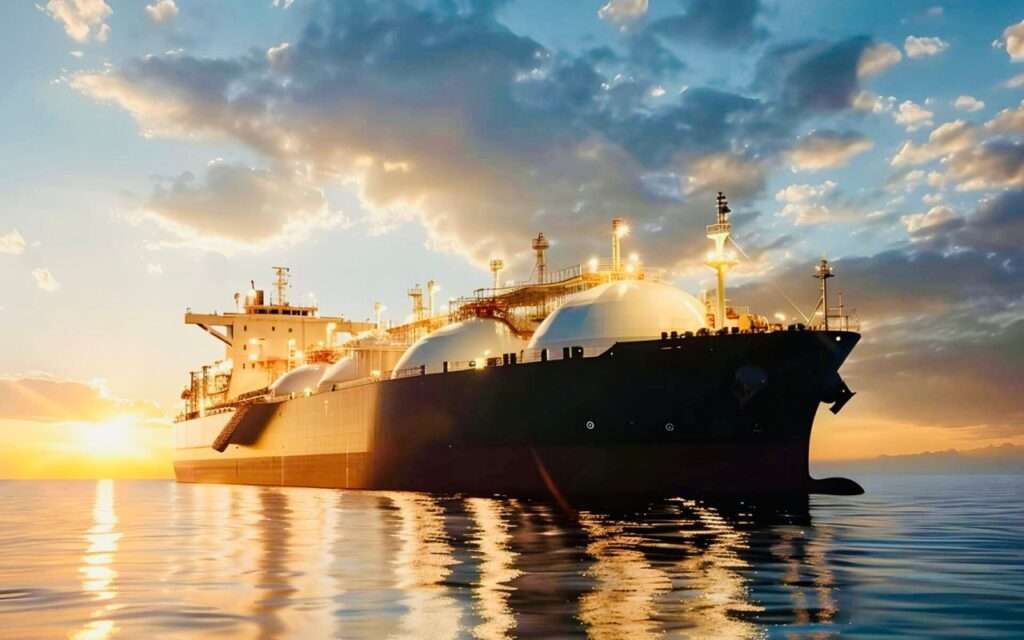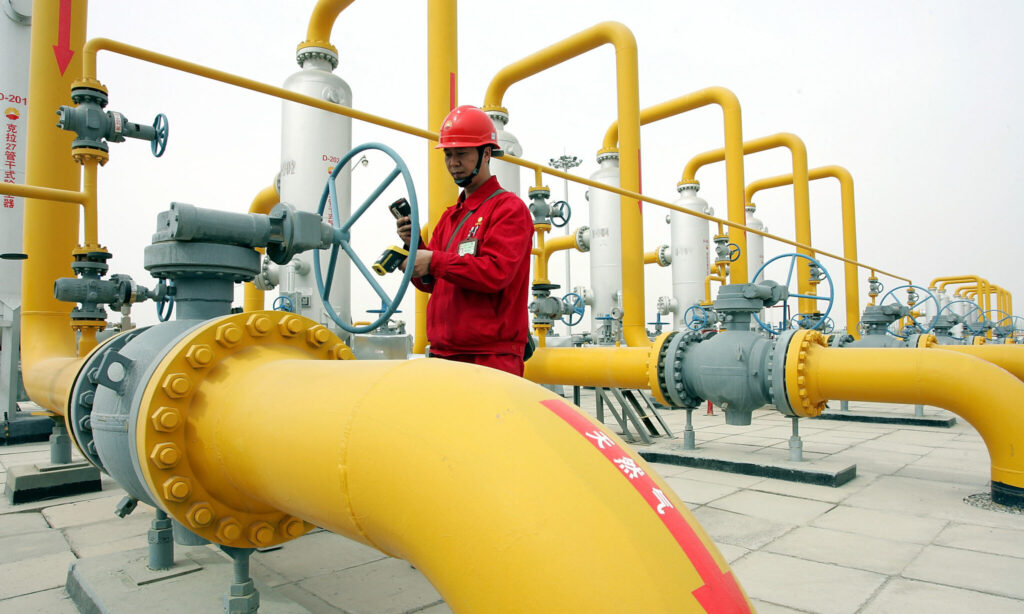The ongoing trade war between China and the United States has led to a significant shift in liquefied natural gas (LNG) trade patterns.
Chinese buyers, facing steep tariffs on U.S. LNG imports, are increasingly reselling U.S.-sourced cargoes to European and Asian markets, rather than bringing them into China. This trend is expected to accelerate as new multi-year supply agreements take effect and domestic demand weakens.
“Chinese LNG importers will probably shift from thinking: ‘We should attempt to re-sell U.S. LNG into Europe’ to ‘We must re-sell all U.S. LNG’ due to the major difference in tariffs to be paid.”
Alex Siow, analyst at Independent Commodity Intelligence Services (ICIS)
The situation stems from Beijing’s retaliatory tariffs on U.S. LNG imports, which were imposed in early February and raised again beginning April 10, in response to U.S. President Donald Trump’s decision to place a 34% tariff on a wide range of Chinese goods.
China responded in kind, imposing reciprocal levies on all U.S. goods, including LNG, which now face a total of 49% in import duties.

According to industry data from Kpler and LSEG, China — the world’s largest LNG importer — recorded no U.S. LNG imports in March 2025.
The U.S. supplied about 5% of China’s LNG needs in 2024, but that figure is rapidly diminishing under the current tariff regime.
Industry analysts are closely monitoring the activity of major state-run firms such as Sinopec and CNOOC. Both companies recently signed long-term supply contracts with U.S. exporter Venture Global, with deliveries commencing this month.
Sinopec has reportedly already resold its April cargoes, and CNOOC is expected to follow suit. Together, the contracts account for 1.5 million metric tons of LNG annually from Venture Global’s Calcasieu Pass facility in Louisiana.
Laura Page, head of LNG insight at Kpler, noted that Chinese offtakers have already resold about 70% of what they resold in all of 2024 — and the year is far from over.
“We expect a significant uptick in resales after Calcasieu Pass LNG begins full commercial operations.
“The arbitrage currently favours Europe over Asia, especially heading into the summer months.”
Laura Page, head of LNG insight at Kpler
Europe to Benefit China LNG Resales

This surge in resales offers a silver lining for Europe. With energy markets still recovering from the supply shocks triggered by Russia’s invasion of Ukraine and the subsequent shift away from Russian gas, additional LNG supplies from the U.S., even via China, are welcome.
European countries are working to refill their natural gas storage tanks ahead of the winter season, and the redirected cargoes from China will help in achieving those targets.
Industry insiders note that the Chinese government’s tariff strategy is having a pronounced chilling effect on future LNG supply arrangements with the U.S.
The pause in Chinese imports from the U.S. is the longest since the height of the U.S.-China trade war under President Trump’s first term. According to Bloomberg, China has not received any U.S. LNG cargoes for over 60 days, and no tankers are currently en route to Chinese ports.

Chinese traders are also avoiding new long-term commitments for future U.S. LNG supply, instead seeking agreements with gas producers in the Middle East and Asia-Pacific.
This shift could reshape global LNG trade dynamics, with China diversifying its supply sources and Europe benefiting from redirected U.S. LNG cargoes.
The escalating trade war between China and the U.S. is fundamentally altering LNG trade flows. With Chinese buyers reselling U.S. LNG cargoes to Europe and other Asian markets, the global energy landscape is witnessing a significant transformation.
As tariff disputes continue, the LNG market will likely see further shifts, with China strengthening ties with alternative suppliers and Europe capitalizing on redirected U.S. LNG shipments to secure its energy future.
READ ALSO: Humanitarian Data At Risk Amid Global Funding Cuts























